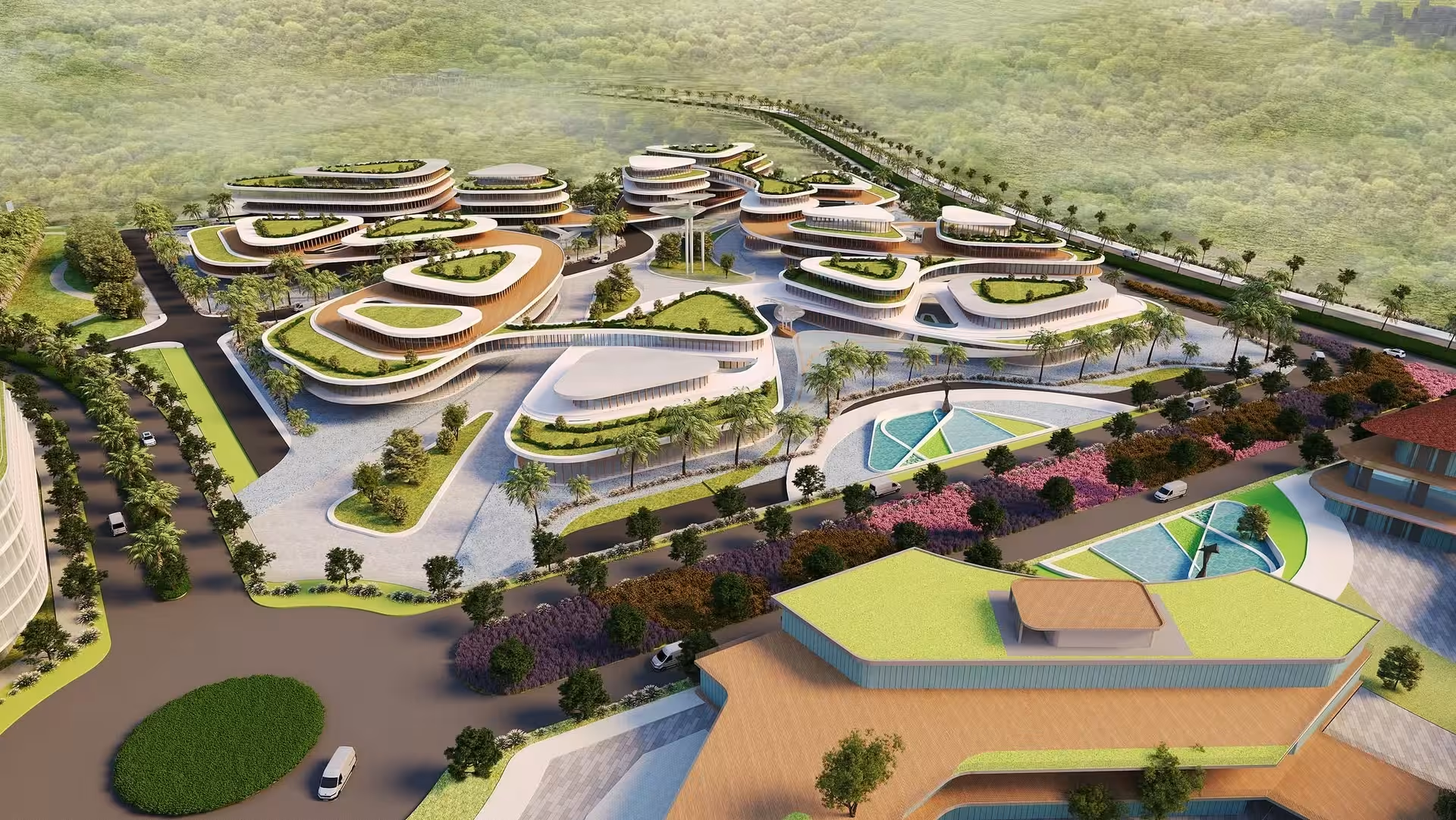Overview
Thailand: World leader in healthcare and medical tourism

Thailand has long established itself not only as a leading tourist destination, but also as a country with one of the most developed healthcare systems in Asia. An integrated approach to the development of public and private medical institutions, as well as attention to international patients, have made Thailand a key player in the medical tourism market.
Overview of Thailand's healthcare system
According to the Global Health Index (GHS Index), Thailand ranks 5th out of 195 countries in terms of healthcare system efficiency. This confirms the high level of medical services and their availability. According to the World Bank, healthcare spending accounts for 4.1% of the country's GDP, which allows the system to remain competitive and innovative.
State institutions
Thailand introduced the Universal Coverage Scheme (UCS) in 2002. The program covers more than 99% of the population, providing citizens with free or low-cost treatment. The country has more than 1,000 public hospitals providing access to medical services throughout the country.
An example of a successful public hospital is Vachira Phuket Hospital, the largest in Phuket. It provides a wide range of services, from dentistry to complex surgeries. The hospital is equipped with modern equipment, including a pressure chamber for divers and a sleep laboratory.
Private sector
Private clinics and hospitals play an important role, especially in tourist areas such as Phuket, Bangkok and Chiang Mai. More than 370 private medical institutions are accredited by the Ministry of Health and offer world-class services. Modern equipment, highly qualified staff and the introduction of innovative technologies, such as robotic surgery and 3D diagnostics, make the private sector attractive to both local and international patients.
Medical tourism: Why patients choose Thailand
Thailand is one of the top 5 countries in the world in terms of medical tourism, receiving more than 3.5 million international patients annually. This figure is expected to exceed 5 million by 2025. More than 60 clinics are accredited by JCI (Joint Commission International), which confirms their compliance with international quality standards.
One of the key factors in Thailand's attractiveness for medical tourists is its price/quality ratio. The cost of medical services in Thailand is 50— 70% lower than in the US and Europe. For example, a consultation with a pediatrician in a public clinic can cost about 200 baht (about $5), while in a private hospital it can cost about 1,200 baht (about $35).
Popular medical tourism destinations
- Cosmetic surgery: Thailand is known for its plastic surgery clinics that offer a wide range of procedures at competitive prices.
- Dentistry: Highly qualified dentists and modern clinics attract patients for various dental procedures.
- Cardiology: Many hospitals are equipped with advanced equipment for the diagnosis and treatment of cardiovascular diseases.
- Orthopedics: Thai specialists offer effective treatment for diseases of the musculoskeletal system, including joint replacement.
Clinics and hospitals aimed at international patients often offer comprehensive packages of services, including transfers, accommodation and interpreters, which makes the treatment process as comfortable as possible.
Medical facilities in Phuket
Vachira Phuket Hospital
It is the largest public hospital on the island, founded in 1901. It offers a full range of medical services, from dentistry to complex surgeries. The hospital is equipped with modern equipment, including a pressure chamber for divers and a sleep laboratory. The staff is highly qualified, but the level of service for international patients may be limited.
Patong Hospital
Located in the tourist area of Patong, this 120-bed hospital specializes in providing emergency care to tourists. Staff are effective in dealing with emergency situations, but for more complex cases, it is recommended to contact large institutions.
Bangkok Hospital Phuket
It is one of the leading private hospitals in Phuket, opened in 1995. The hospital has 20 specialized centers, including cardiology, oncology, and orthopedics. The staff has been trained both in Thailand and abroad, providing a high level of service. The hospital is equipped with advanced equipment, including a 3D X-ray and an MRI machine.
Bangkok Hospital Siriroj
The first private clinic in Phuket, opened in 1982. It offers a wide range of medical services, including pediatric care, plastic surgery, and traditional Thai medicine. The clinic is equipped with modern equipment and provides high-quality services.
Conclusion
When choosing Phuket for temporary or permanent residence, you can be sure that you and your family will always receive high-quality medical services that meet international standards. Well-developed infrastructure, qualified staff and affordable prices make this region attractive for medical tourists and provide confidence in health issues.
Text: milena blum



